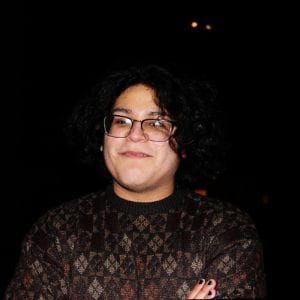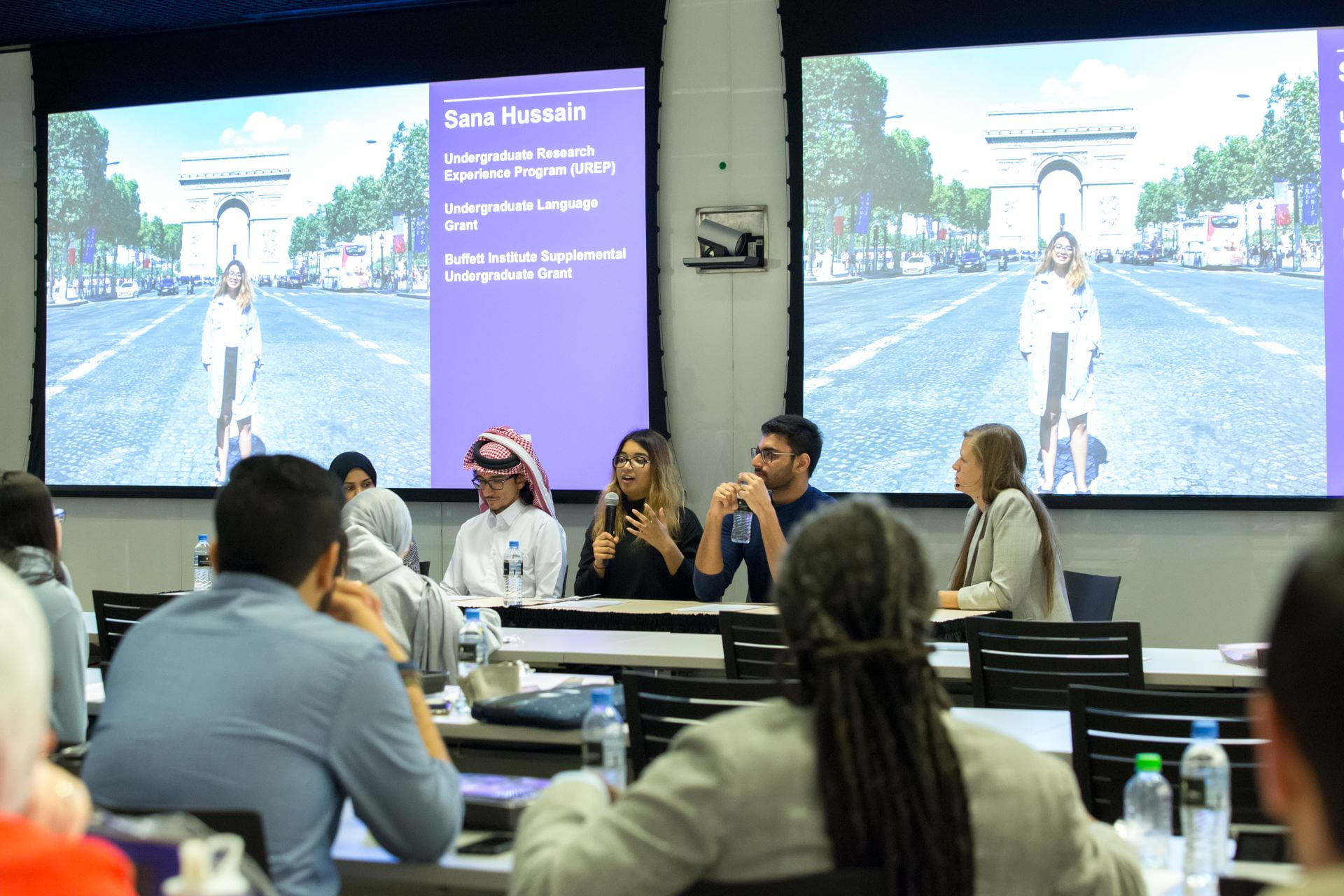I started my first year at Northwestern as a Biomedical Engineering student, and I understood for the most part what STEM research would look like: lab coats, beakers, test tubes, and etc. However, when I switched to majoring Latinx Studies with an Anthropology minor, I was pretty lost on what research would look like for me. Luckily, Northwestern recognizes that a lot of students might share these concerns and has planned ahead! Whether you’re majoring in STEM, humanities, social sciences, or something completely unique there are a lot of support systems to help you get funding, mentors, and guidance here at NU. I personally don’t know all the opportunities and will focus on non-STEM opportunities, but here are some cool ones that I’ve learned about in my time here:
Northwestern’s Commitment to Making Research Accessible
If you do decide to pursue research, then I would really recommend asking your first-year adviser. I also suggest you visit our Office of Undergraduate Research. Members of this office will usually come into some of your classes to announce that they have “more than 1.3 million dollars that they are trying to get rid of” by funding undergraduate students. This office has a bunch of different programs that give different levels of funding and are different levels of commitment, but the office will guide you each step.
The Undergraduate Research Assistant Program is something that is specifically designed for those who have little to no research experience in a given field. This means you could have done research before but are interested in learning about something new. This program pairs you with a professor that you’ll work alongside with on their research project to guide you along the fundamentals of research. This program is offered both during the academic year and summer and you can use it for work study allotments.
The Summer Undergraduate Research Grant is meant as the next step after URAP (but that order doesn’t matter too much). SURG is meant to support any academic “research,” but research is much broader. Other than traditional research, there are people who use this funding to write scripts of their film majors and people who use it to create models of nightclubs with good acoustics. Overall, this program is good for pretty much everyone and the Research Advisers are there to help you apply of it.
Emerging Scholars focuses on serving students who identify as First-Gen, Lower Income, People of Color, and/or Marginalized. This program starts the summer after your first year and lasts until the end of the summer after your second year where you’ll receive stipends during the summers and academic year. The end goal of this program is to learn how to conduct your own research and eventually work on your own independent project.
Northwestern Fellowship Opportunities for First Year Students
Outside of the Office of Undergraduate Research, there are also research fellowships that you can apply to. These fellowships come in all shapes and sizes. Some let you work alongside professors while they’re conducting their own research while others offer mentorship for you to conduct your own research. There are also labs on campus that are focused on all sorts of fields ranging from classic STEM labs in biology or physics to more social science centered labs in subjects like investigative journalism and social justice.
Posner is a research program for the summer after your first-year encouraged for First-Gen students and those who went to High Schools with few AP classes offered. The program has four areas of study offered: humanities, social science, natural science, or mathematics. This program offers a stipend, free campus housing for 8 weeks during the summer, and an opportunity to connect more with a faculty advisor.
This is a fellowship in the History Department that is open to all NU undergraduates. It’s similar to URAP in how it’s meant to expose students to research experience through helping a professor with their research. Leopold Fellows can also get funding to go to conferences with their professors which can be experiences they never would’ve had otherwise.
You won’t be able to apply for MMUF until your second year at NU, but I’ll include it since I just got accepted into the program. The program is meant to advance BIPOC people within academia and offers stipends over the summers and twice each academic year. During this time you’ll learn how to conduct research during the Summer Research Opportunity Program (SROP) and get to hear from BIPOC graduate students and professors experiences in academia while they help you prepare for a life in academia.
So, I just threw a lot of information at you, some of which won’t even be relevant to you until halfway through your first year here. Just know that when you get here there will be people to help you along the way and office hours are definitely a good time to ask professors if they take part in any of these programs. I can say from experience that research at Northwestern is super accessible, and I would be lost without the support systems offered here. I look forward to seeing all of your future research and accomplishments!
GO CATS!
 |
Andrés Polanco Molina
CLAVE Coordinator Sleepy Hollow, NY Third Year WCAS: Latinx Studies |
